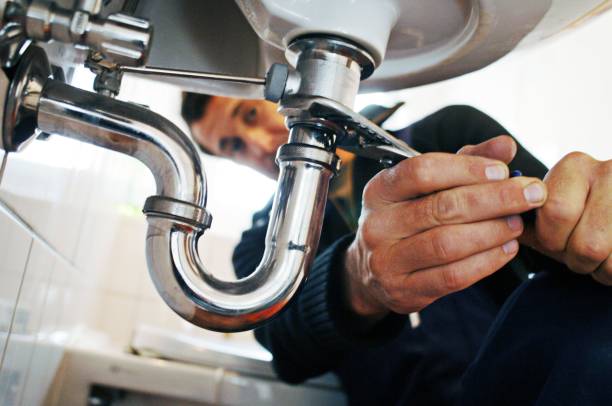Table of Contents:
- Introduction: The Importance of Plumbing Maintenance
- Understanding Common Plumbing Issues
- Routine Checks and Their Impact
- Pipe Inspections: A Simple Key to Prevention
- The Role of Professional Plumbers
- Cost-Effective DIY Maintenance Tips
- Conclusion: Long-Term Benefits of Regular Maintenance
Introduction: The Importance of Plumbing Maintenance
Plumbing systems are essential components in homes and businesses, operating seamlessly until unexpected issues arise. Regular maintenance is crucial to prevent significant emergencies. Simple practices like routine checks and engaging a professional plumber can ensure your plumbing system runs smoothly, minimizing costly disruptions.
Understanding Common Plumbing Issues
Common problems such as small leaks and clogs can escalate quickly if overlooked. A minor leak can damage water, while persistent clogs signal larger pipeline issues. Early detection is key, allowing property owners to address these problems before they spiral into emergencies.
Routine Checks and Their Impact
Routine maintenance checks are fundamental in uncovering issues like sediment buildup and small fractures before they become significant concerns. A comprehensive guide on preventive maintenance suggests that regular check-ups dramatically reduce the likelihood of costly repairs. These checks act as a safeguard, ensuring minor issues don’t evolve into major problems.
Pipe Inspections: A Simple Key to Prevention
Scheduled pipe inspections identify early signs of wear, such as rust and leaks, which can prevent more severe issues. You can avert significant damage by paying attention to subtle indicators like water discoloration or unexplained sounds.
The Role of Professional Plumbers
Professional plumbers bring invaluable expertise to plumbing maintenance. Their ability to spot subtle signs of trouble and perform intricate repairs ensures your system remains robust. Hiring a reputable plumbing contractor for routine inspections can prevent substantial future expenses.
Cost-Effective DIY Maintenance Tips
Homeowners can perform basic maintenance tasks, like using vinegar and baking soda for minor clogs and checking faucet aerators, to preserve their plumbing systems cost-effectively. Simple actions like these and regular visual inspections contribute to a long-lasting system with fewer emergencies.
Conclusion: Long-Term Benefits of Regular Maintenance
Regular plumbing maintenance reduces repair costs, prolongs system lifespan, and increases peace of mind. By proactively maintaining your plumbing, you ensure both daily convenience and long-term reliability. Evaluate your current maintenance routine and consider professional assistance to guard against potentially costly emergencies.




Leave a Reply
You must be logged in to post a comment.